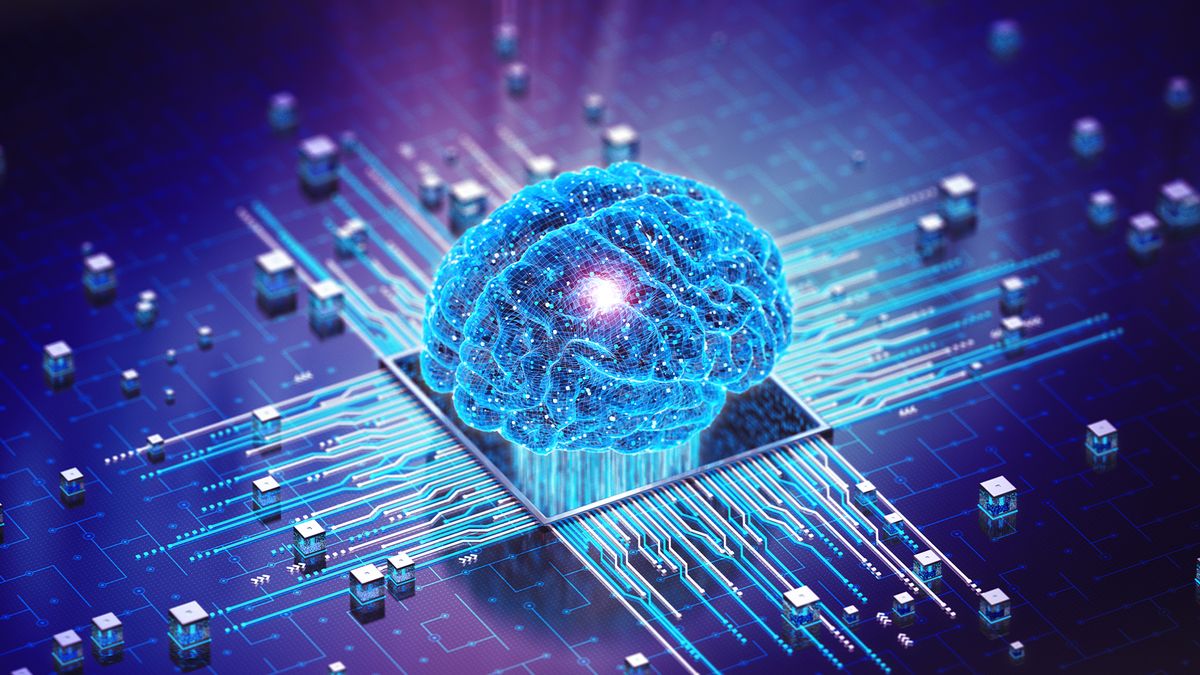Artificial Intelligence (AI) has rapidly evolved from a futuristic concept to a driving force behind innovation across various industries. From healthcare to finance, AI is reshaping how we live, work, and interact with technology. In this blog, we’ll explore the current landscape of AI, its transformative applications, and the ethical considerations that accompany its rise.
Understanding Artificial Intelligence
At its core, AI refers to the development of computer systems that can perform tasks that typically require human intelligence. This includes learning, reasoning, problem-solving, perception, and language understanding. There are two primary types of AI:
- Narrow AI: Designed to perform specific tasks, such as voice assistants (like Siri and Alexa), image recognition software, and recommendation algorithms. Most of the AI we encounter today falls under this category.
- General AI: A theoretical form of AI that would possess the ability to understand, learn, and apply intelligence across a wide range of tasks, similar to a human being. While still a subject of research, General AI raises intriguing possibilities for the future.
Transformative Applications of AI
1. Healthcare
AI is revolutionizing the healthcare industry by enhancing diagnostics, personalizing treatment plans, and improving patient care. Machine learning algorithms analyze vast amounts of medical data to identify patterns, aiding in early disease detection.
Example:
AI-driven tools can analyze medical images, such as X-rays and MRIs, to detect anomalies with remarkable accuracy, often surpassing human radiologists.
2. Finance
In the financial sector, AI is streamlining operations and enhancing security. Algorithms analyze market trends, enabling faster and more accurate trading decisions. Additionally, AI helps in fraud detection by identifying unusual transaction patterns.
Example:
Robo-advisors use AI to provide personalized investment advice based on individual financial goals and risk tolerance, democratizing access to financial planning.
3. Transportation
The automotive industry is undergoing a significant transformation with the advent of autonomous vehicles. AI systems process data from sensors and cameras to navigate roads, making driving safer and more efficient.
Example:
Companies like Tesla and Waymo are at the forefront of developing self-driving technology, aiming to reduce accidents and improve traffic flow.
4. Customer Service
AI-powered chatbots and virtual assistants are redefining customer service by providing 24/7 support and personalized interactions. These tools can handle inquiries, troubleshoot problems, and even make recommendations based on customer preferences.
Example:
Many companies now use chatbots on their websites to assist customers with common questions, reducing wait times and improving overall satisfaction.
5. Education
AI is enhancing the educational experience by personalizing learning and providing real-time feedback to students. Adaptive learning platforms adjust content based on individual progress and learning styles.
Example:
AI tools can analyze student performance data to identify areas where a student may struggle, allowing educators to tailor their teaching approaches accordingly.
Ethical Considerations
While the benefits of AI are substantial, its rise also presents ethical challenges that must be addressed:
1. Privacy Concerns
AI systems often rely on vast amounts of data, raising concerns about user privacy and data security. It’s essential to implement robust data protection measures to safeguard personal information.
2. Job Displacement
The automation of tasks traditionally performed by humans can lead to job displacement in various sectors. Preparing the workforce for this shift through reskilling and upskilling programs is crucial.
3. Bias and Fairness
AI algorithms can inadvertently perpetuate biases present in the data they are trained on, leading to unfair outcomes. Ensuring that AI systems are developed with fairness and inclusivity in mind is vital to avoid discrimination.
4. Accountability
As AI systems become more autonomous, determining accountability in cases of errors or accidents becomes increasingly complex. Clear guidelines and regulations are needed to establish responsibility.
Conclusion
The rise of artificial intelligence is transforming our world in profound ways, offering solutions to complex problems and enhancing our daily lives. As we embrace this technology, it’s crucial to navigate the ethical landscape thoughtfully, ensuring that AI benefits society as a whole. By fostering innovation while addressing these challenges, we can harness the power of AI to create a brighter, more equitable future. As we look ahead, staying informed about AI developments will be key to understanding and shaping the role it plays in our lives.




